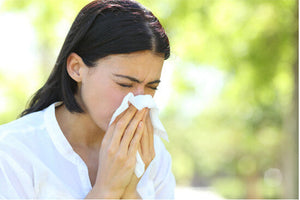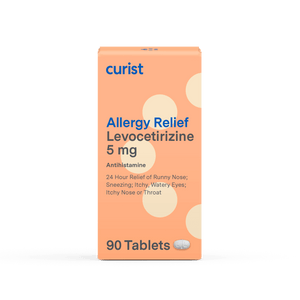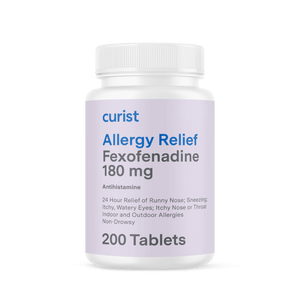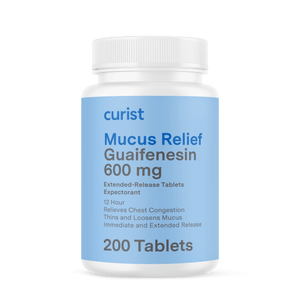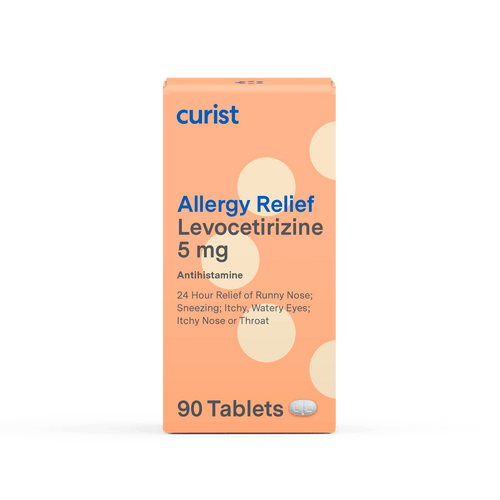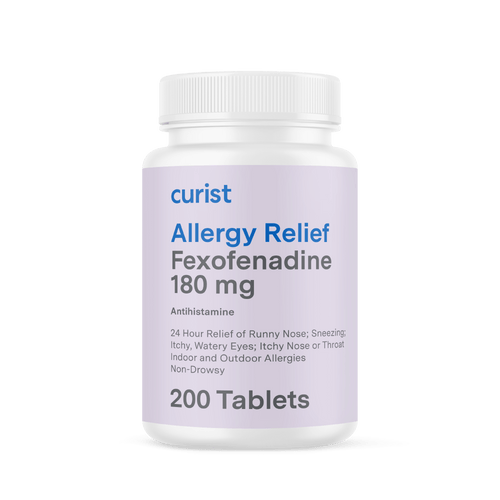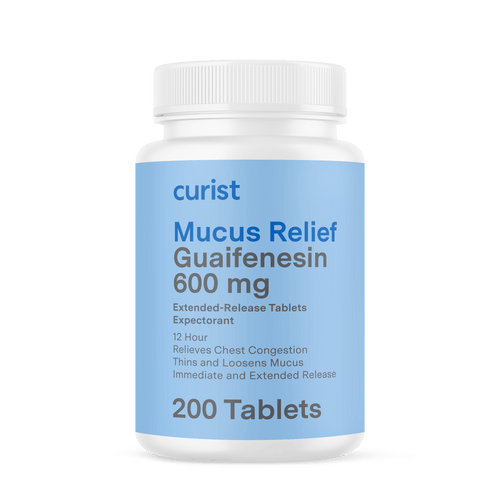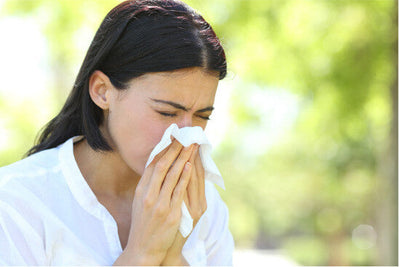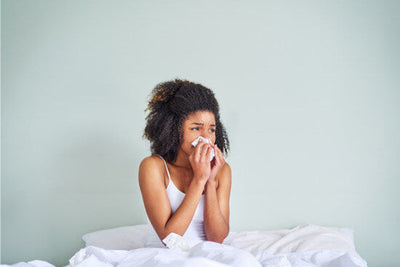by Dr. Marc Goldstein, MD, Curist Allergy Advisor
Curist delivers over-the-counter medicines to your door at a fraction of the price of traditional brands. We hope everyone stays safe and healthy during this time.
Allergy Meds: So Many Choices to Relieve Symptoms
Many people will at some point or other turn to allergy medicine for relief. It’s helpful to understand when it comes to allergy medicine one size does NOT fit all and in many cases a combination approach more completely treats symptoms.
So, what are the basic categories in allergy relief? The first major difference between treatments that you will notice is how each medicine is administered. Nasal sprays, oral tablets, and eye drops are the most common groups.
But within these groups, there are differences and overlaps of how each medicine functions to deliver relief. We’re talking about antihistamines versus decongestants (read more about these in our blog about Sinuses).
Here’s an overview of the variations you will find when browsing allergy relief products, plus some guidance on what you can expect from each one:
Nasal Sprays: Allergy Nasal Steroids
Nasal steroids can be quite effective in alleviating symptoms of the nose right there at the source. These sprays are most effective when used 1-2 weeks before pollen season begins, and then continued throughout. They are widely available over-the-counter, and carry minimal possible side effects. They may even provide relief to symptoms in the eyes, ears, and throat. Read more about these in our Curist blog about nasal steroids or shop Curist Allergy Nasal Spray.
Nasal Sprays: Decongestants
Short-term nasal decongestant sprays are an alternative option that can be effectively used for a limited run, i.e. fewer than five days. For instance, on a trip or perhaps during a busy week.
Nasal Sprays: Cromolyn
Intranasal cromolyn sodium spray is another option with relatively innocuous side effects, but requires a 4-times daily dosing schedule.
Oral Antihistamines for Allergy Relief
Oral antihistamines are especially useful for symptoms like sneezing, itching and post-nasal drip. There are two major categories of oral antihistamines, the major difference being whether they are sedating. First-generation antihistamines may cause drowsiness, which means they can be taken before bed. Second-generation antihistamines are non-sedating, and can be used during the day. To learn more about antihistamines, read our Curist blog Antihistamines: Fighting Back Against Allergies or shop Curist Antihistamines.
Oral Decongestants
Oral Decongestants are effective at treating nasal swelling. One important note is that people with hypertension must use caution when deciding to use these, as the combination is a risk factor for possible complications.
Eye Drops Antihistamines for Allergy Relief
Antihistamine eye drops can be applied directly into the eyes via drops to relieve itchiness. These drops specifically target allergens, as opposed to simply reducing swelling. They can be used throughout pollen season.
Eye Drops Decongestants
Decongestant eye drops work by temporarily reducing swelling in the eyes, and can be useful for short-term relief.
Extra Help from Your Allergy Doctor
In extreme cases, some people will need to visit to a physician may for additional allergy relief options.
- Prescription Nasal Sprays
- Nasal antihistamines are a second-line defense (after nasal steroids) that require a prescription.
- Leukotriene modifiers are yet another class of treatments available in a spray. They come with several notable side effects, and are often less effective than nasal steroids. Nevertheless, they may help in some cases.
- Immunotherapy Therapy
- Tablets or Injections can, over time, be the nearest thing to a “cure” for allergies. The process is one that a physician can best explain in person, especially because it may apply to only certain candidates, and involves not only relieving allergy symptoms but changing your immune system.
If you’re unsure what treatment approach would work best for you, it always helps to talk to a doctor or allergist to learn more. Some expert guidance might even save you some money, because trial-and-error quickly adds up in cost, piling even more burden onto your physical discomfort.


